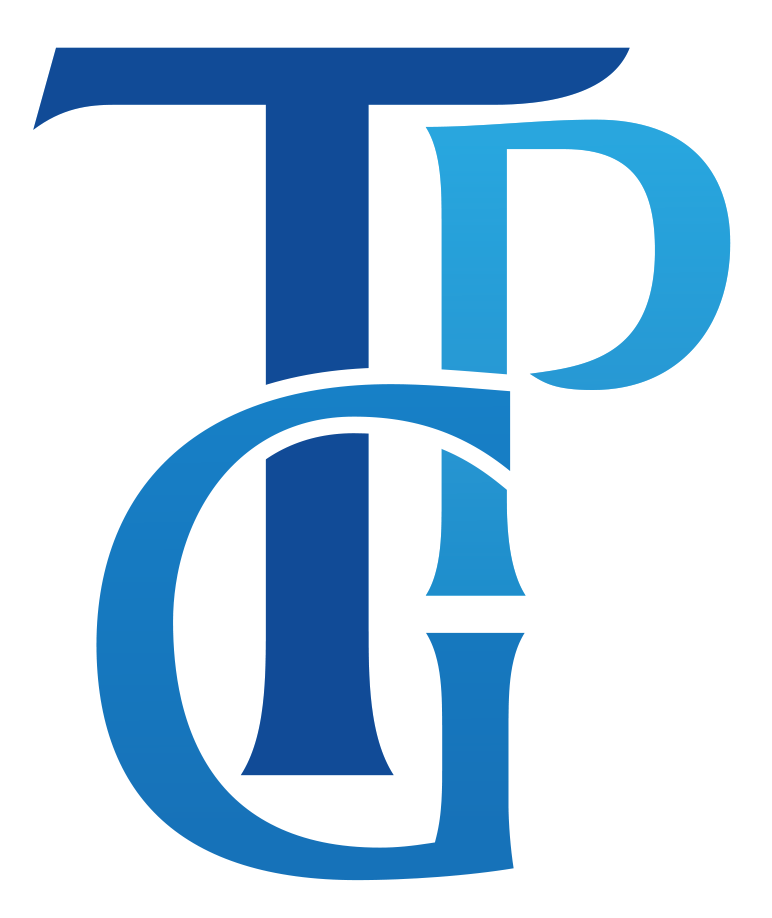By Jondi Gumz
The president of Arrayit Corp. in Sunnyvale was charged in a complaint unsealed June 9 in the Northern District of California, in connection with his alleged participation in schemes to mislead investors, to manipulate the company’s stock price and to conspire to commit health care fraud related to the submission of $69 million in fraudulent claims for allergy and COVID-19 testing.
Attempts to reach Schena by phone and email were unsuccessful.
According to an affidavit filed by postal inspector Anna Hallstrom, Arrayit issued a press release in November 2018 announcing an agreement to provide allergy testing services to doctors in the Palo Alto Medical Association, affiliated with Sutter Health, a network serving 3 million people, when no such contract existed. Sutter Health sent a cease-and-desist letter to Arrayit, but the press release with CEO Rene Schena saying, “Partnering with healthcare leader Sutter Health fits perfectly within our mission” remains online.
According to Hallstrom’s affidavit, Schena told investigators that Arrayit ran a test for 120 allergens including molds, fungi, tree pollen, weed killers, fruits and vegetables, grains, nuts and seeds, and stinging insects, on every patient.
Arrayit billed $5,216 for each test for a Medicare beneficiary, and was paid $352 per test, based on interviews agents had with three Medicare beneficiaries.
Two consultants who recruited patients for testing told investigators that Arrayit paid recruiters a percentage of the amount private insurers paid Arrayit.
The affidavit calculates that based on billing data, Arrayit submitted $63 million in claims for testing to private insurance plans and $5.9 million in claims to Medicare from 2018 to the present.
Test Bundling
In early March, Arrayit claimed it could test dried blood samples for both allergens and COVID-19, instructing clinics to bundle the tests regardless of medical necessity, according to Hallstrom’s affidavit. Arrayit’s stock price doubled in mid-March, from two cents to four cents.
According to Hallstrom’s affidavit, the FDA told Arrayit on April 17 that its COVID-19 test performance was not acceptable and the SEC suspended trading in Arrayit stock April 17-27 because of questions about the accuracy of information about Arrayit’s finances and the COVID-19 blood test.
Beginning in 2018, the complaint alleges Schena and others paid kickbacks to recruiters and doctors to run a finger-stick test for 120 allergens on every patient regardless of medical necessity, and then made misrepresentations to potential investors about Arrayit’s allergy test sales, financial condition and its future prospects. Schena and others issued press releases and tweeted about partnerships with Fortune 500 companies, government agencies and public institutions, without disclosing that such partnerships either did not exist or were of little value, according to the complaint.
A March 2019 tweet by Schena indicated allergen test billing had grown from $1 million to $2 million a week, but Hallstrom said this was misleading because “Arrayit was broke and had taken to paying employees and consultants in stock and asking shareholders to help it with rent.”
Schena issued press releases on Arrayit’s behalf stating that financials were forthcoming, but did not file statements for 2018 and 2019, according to the affidavit, and de-registered on Aug. 16, 2019, at which point filings were not required.
Emails
Much of the case is based on emails from Schena obtained during the investigation.
On March 9 and 10, Schena emailed Arrayit shareholders to say the company had a test for COVID-19, and ten days later, emailed dozens of investors to say Arrayit had received “more than 50,000 requests” for the finger-stick blood test for SARS-CoV-2, which causes COVID-19.
On March 17, Schena emailed medical clinics announcing that Arrayit had developed a COVID-19 test based on finger-stick blood collection but as of that date had only ordered COVID-19 antigen, according to the affidavit.
The investigation found that on April 17, an FDA staffer emailed an Arrayit executive to say the company’s COVID-19 test sensitivity of 85.7% in detecting those with antibodies and 88.1% in detecting those without antibodies was not sufficient to obtain the required FDA authorization for the test to be marketed and sold during a public health emergency.
According to the affidavit, Schena gave law enforcement “multiple and conflicting explanations” for his “we have a test” emails, and the “50,000 requests” saying he was confident of developing a COVID-19 test because of his experience with the allergy test but admitting Arrayit did not start running the test until April of 2020.
The investigation found that Arrayit did not request the FDA authorization for its COVID-19 test until April 13.
Anyone with information about allegations of attempted fraud involving COVID-19 can report it by calling the Department of Justice’s National Center for Disaster Fraud Hotline at 866-720-5721 or via the NCDF Web Complaint Form at: www.justice.gov/disaster-fraud/ncdf-disaster-complaint-form.
•••
Victims with questions may contact the Fraud Section’s Victim Assistance Unit by calling the Victim Assistance phone line at 1-888-549-3945 or by emailing Victimassistance.fraud@usdoj.gov.
